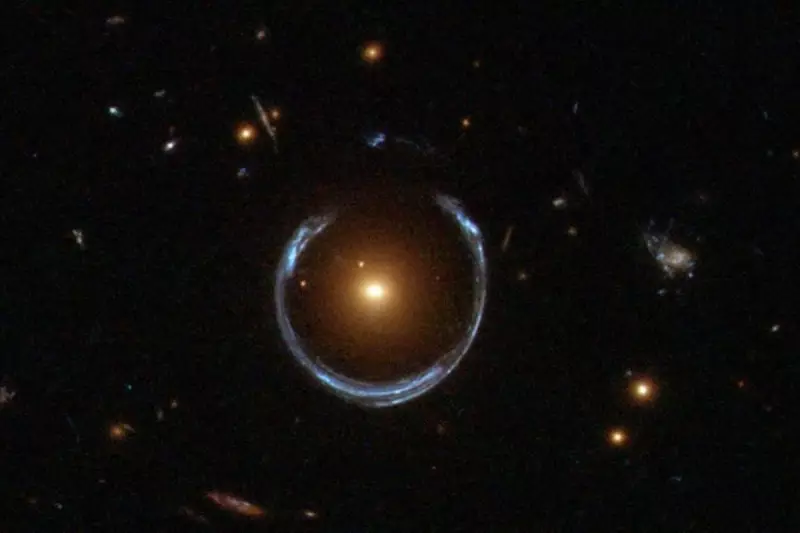
In a monumental leap for astronomy, researchers have uncovered the largest black hole ever detected in the observable universe. This colossal cosmic entity, with a mass billions of times that of our Sun, challenges existing theories about the formation and evolution of galaxies.
A Cosmic Giant Revealed
Using cutting-edge telescopic technology and advanced data analysis, an international team of scientists pinpointed this gravitational behemoth lurking at the heart of a distant galaxy. The discovery pushes the boundaries of what we thought possible in terms of black hole size and formation.
Why This Discovery Matters
This record-breaking black hole offers unprecedented insights into:
- The extreme limits of cosmic object formation
- Early universe conditions that allowed such massive entities to form
- The relationship between supermassive black holes and their host galaxies
Technological Triumph
The breakthrough was made possible by combining observations from multiple space telescopes and ground-based observatories. Researchers employed innovative techniques to measure the black hole's incredible gravitational influence on surrounding matter.
Future Implications
This discovery opens new avenues for research into:
- The nature of spacetime under extreme conditions
- Galaxy formation in the early universe
- Potential limits to black hole growth
As astronomers continue to study this cosmic giant, we may need to revise our understanding of how the most massive structures in the universe form and evolve.





